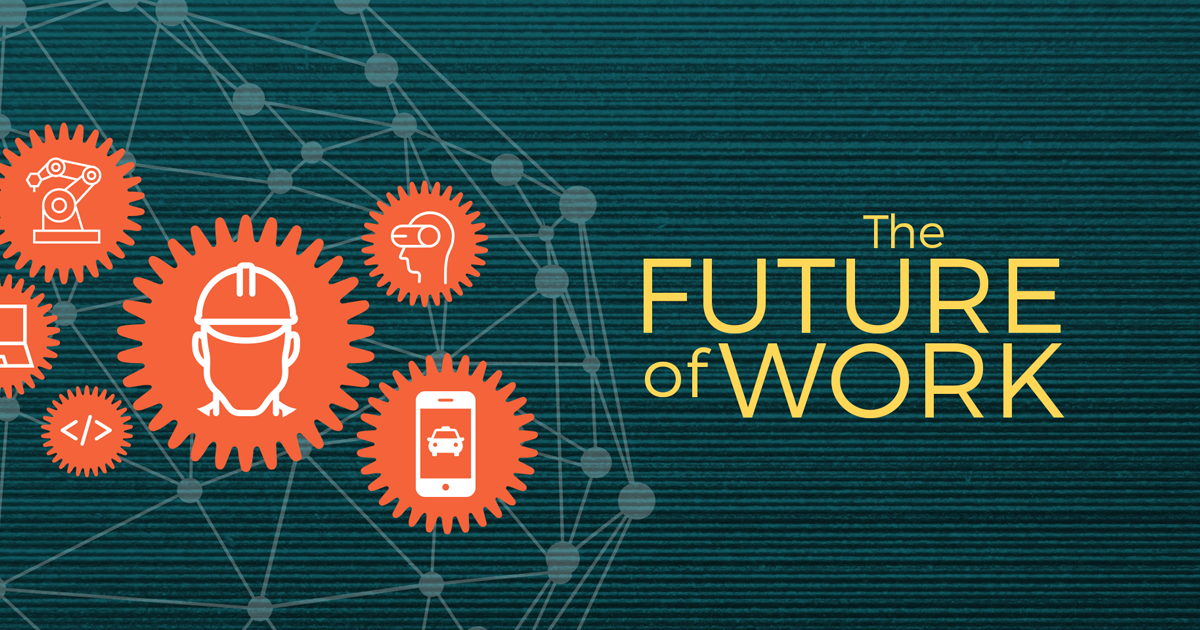The Future of Work Needs Strong Unions

We hear a great deal about the future of work. Gig economy. Deprofessionalization. Temp, part-time and on-call work. Technology. Automation. Artificial intelligence. Digitization. Deindustrialization. Unfair trade policy and offshoring. While these changes and trends take hold, we are living in an era where the rich and powerful have rigged our economy against working families through well-financed campaigns to weaken workers’ bargaining power, pass perverse “right-to-work laws” and use the courts as a pawn to hollow out the labor movement. If the question is how we push back these ominous trends, the answer is through strong unions.
But first, we have some work to do. We must look inward at our structures, our strategies, our services and our communications with working people. We must understand the most profound changes emerging in American workplaces. We must confront these seismic shifts and turn them into power and opportunity for working people. That is the message that was delivered on the floor of the national AFL-CIO convention in St. Louis where delegates are charted an aggressive course through the creation of the Commission on the Future of Work and Unions.
It is clear that many of the most powerful and best connected in our country have little trouble with what’s happening to working people. They do not agonize over the diminishing power of workers to earn a fair wage. They could care less about income inequality, the diminishment of quality jobs or the mass job losses that could follow the latest wave of technological innovation. In fact, many of them count on these things to boost their wealth.
It is up to the AFL-CIO and strong unions, convention delegates say, “to confront the economic insecurity most Americans face” – to promote and defend the “freedom of working people to make a decent living, to receive quality job and skills training, to support our families, to have work-life balance, to access important public services like good schools and quality health care, and to retire with dignity.”
The Commission’s work is critical. It will focus on re-imagining structures for giving voice to workers. Growing the labor movement. Giving millions more the power of bargaining. Tackling the dilemma of growth industries in America and across the globe growing up without unions and choosing low-road employment models. Organizing the workers on the frontline of groundbreaking companies that are making next-generation products and tackling some of the globe’s most wrenching challenges. And ensuring that innovation and new business models are not simply tools to jettison millions of good jobs but instead can fuel middle class, union job creation.
The labor movement is in its second century of navigating change in the workplace. There is nothing surprising about machines that replace people and threaten good jobs. There is nothing shocking about the emergence of new business models that take advantage of eroding standards and competitive business pressures. And there is nothing particularly novel about a CEO looking for new ways to squeeze more profits through introduction of atypical work arrangements – from part-timers to independent, on-demand labor.
There is also nothing new about the labor movement stepping up. The future of work has always been about having strong, independent unions ready to fight in the face of change and challenge. The Commission on the Future of Work and Unions gives us the process, structure and purpose we need to take on this latest wave of change.
***
Reposted from the AFL-CIO

